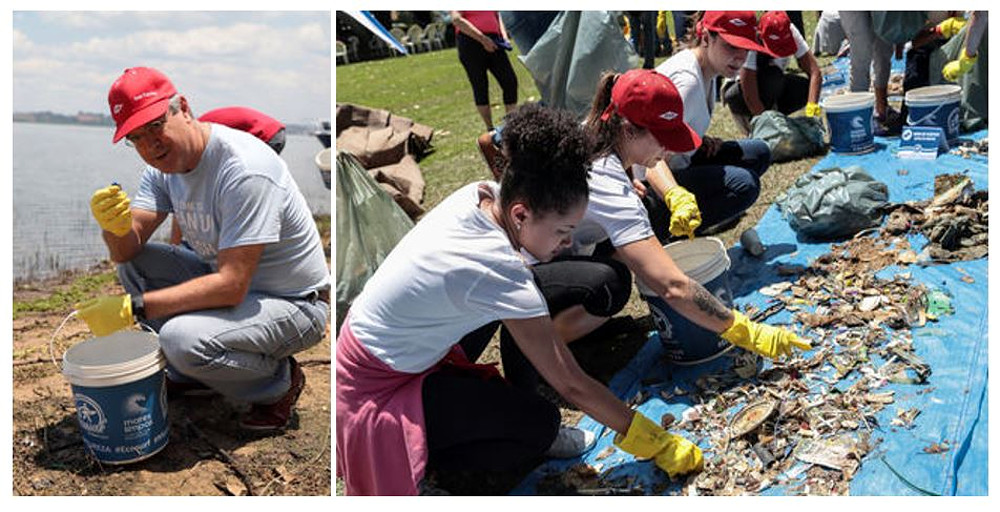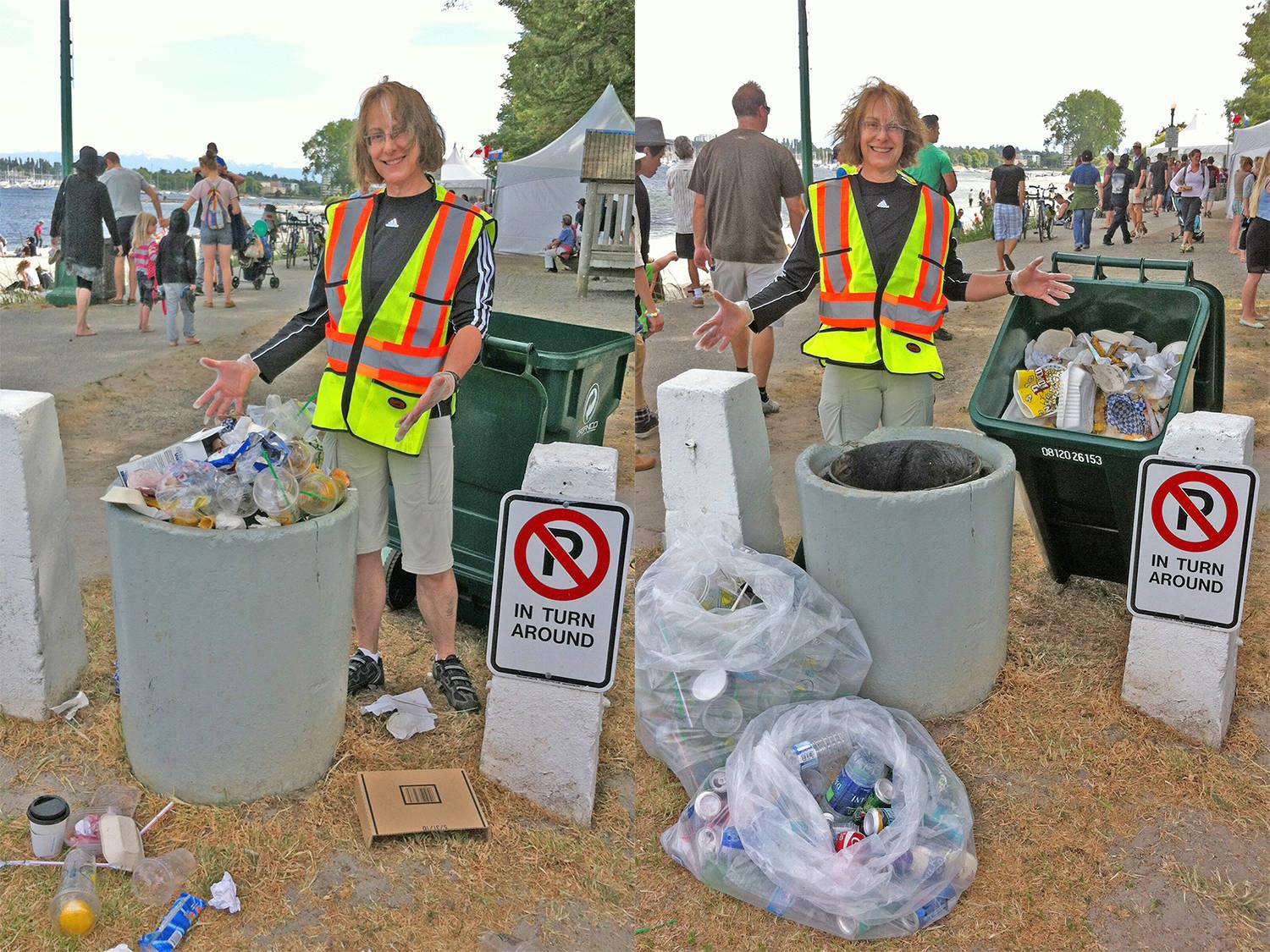Environment Day - Waste Clean-Up
Waste Clean-Up
Why do a Waste Clean-Up?
Waste clean-ups remove non-organic materials from natural areas such as shorelines, parks, trails, and smaller waterways such as rivers and lake tributaries. This activity will prevent litter from potentially leaching into the ground and avoid animal consumption of non-organic items. Clean-ups help educate the participants and encourage behaviour changes surrounding single-use objects.
Waste Clean-Up mechanics
- Duration: 2-6 hours, depending on the number of volunteers and the size of the area being cleaned.
- Cost: The cost of this activity depends significantly on whether your municipality will dispose of the waste for you, or whether you are required to dispose of it yourself.
- Garbage and recycling bags
- Disposal bin: if your municipality will not collect the bags of waste that you collected and you are required to properly dispose of it, you may need to rent a disposal bin. These can be quite expensive, costing hundreds of dollars, so do your research!
- You may want to consider purchasing drinks and snacks for the participants (e.g. water bottle filling station, coffee/tea, low-waste snacks)—remember to limit waste as much as possible by asking participants to bring reusable cups!
- Participants: 4-20, depending on the size of the area being cleaned.
- This is a family-friendly and accessible activity, depending on the location.
- Intensity/Effort: Medium (bending or kneeling, carrying bags or garbage/recycling)
- Location: Parks are ideal places for waste clean-ups. Sidewalks, ditches, and roadsides may also be appropriate, but ensure traffic won't be a danger to participants. Be sure to obtain any necessary permissions or permits before the event.
- Register shoreline clean-ups with the Great Canadian Shoreline Clean-Up.
- Materials:
- Gloves (gardening gloves, rubber gloves, latex gloves)
- Collection bags (garbage bags and clear bags for recycling)
- Sorting bins
- High visibility clothing if working near traffic
- Correctly sort the waste that is collected (i.e. garbage vs. recyclables) and bring them to a disposal location. Your municipalities' websites should have information on what is recyclable vs. what is not.
- Consider a clean-up competition between clubs, where each clubs weighs the waste they collect!
Additional resources
- Beyond the Environment Day clean-up activity, clubs can make a monthly, quarterly, or semiannual clean-up commitment (street or park options are available in most municipalities)
- The registration process/location will vary depending on the club's municipality, but can typically be found on your municipality's website. For example, London's can be found here:
- The Lake Huron Centre for Coastal Conservation (based in Goderich)



Click the following links to learn more about each project: Main Page | Pollinator Garden / Butterfly Garden | Rain Garden | Waste Clean-Up | Invasive Plant Clean-Up | Sustainability Fair | Nature Activities for Kids | Movie Night | Earth Balls / Seed Bombs | Tree Planting | Bee Hotel

.png)












